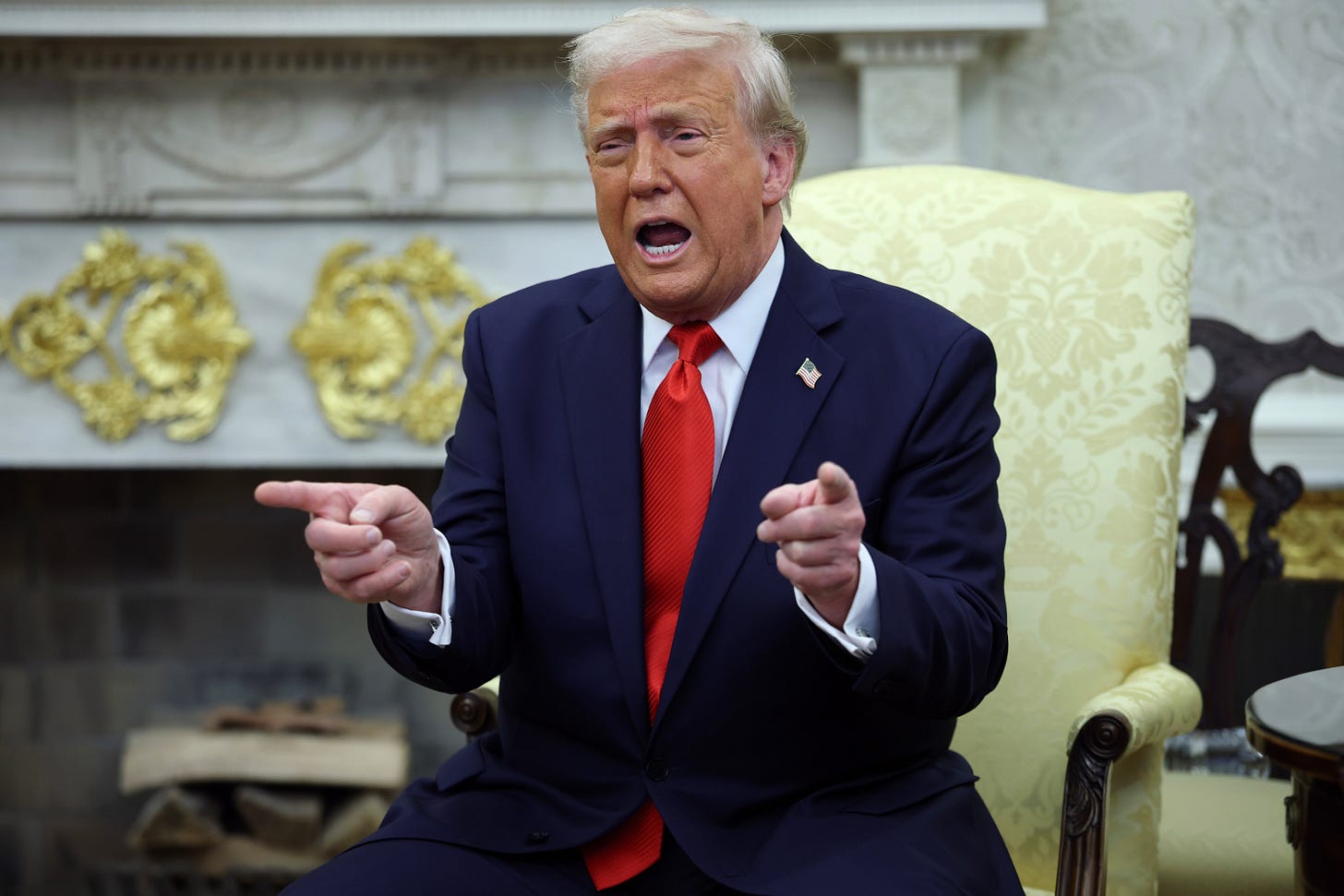Can Trump’s Damage to Democracy Be Undone?
'How Democracies Die' co-author Daniel Ziblatt warns that it's 'easier to destroy a democracy than to build' one.
Daniel Ziblatt has tracked Donald Trump's threat to American democracy for nearly a decade. After watching Trump countenance violence and refuse to commit to accepting election results in 2016, Ziblatt and his co-author, Steven Levitsky, wrote in the New York Times that “the warning signs are real.”
Two years later, the two Harvard professors published the book How Democracies Die. It documented how other countries had slid toward authoritarian governments as a cautionary tale of what could happen in our own.
At the time, some political observers dismissed the Ziblatt-Levitsky warnings as hyperbolic or even hysterical. Three months into Trump’s second presidency, no one’s dismissing them anymore.
Trump has turned the machinery of government against his critics. He has stretched executive powers granted by the Constitution beyond recognition in deporting immigrants and terminating federal programs authorized by Congress.
He has punished news organizations, law firms, and universities that won’t do his bidding. He has suggested he’ll ignore adverse court rulings.
I recently spoke to Ziblatt to get his assessment of the damage already inflicted on the American system we’ve known for more than two centuries. He warns that it is “easier to destroy a democracy than to build a democracy.”
Here’s more from our conversation, edited for clarity and brevity:
You became well-known for your co-authorship of the book How Democracies Die. Give us a status check on the health of American democracy at this moment.
ZIBLATT: We wrote that book back in 2018 as a warning about what could happen, looking at other countries around the world. We made some predictions at the end of the book – a good-case scenario, worst-case scenario, middle-case scenario. In many ways, the worst-case scenario looks very similar to what is actually happening. (Then) Trump had control of the presidency, and Republicans controlled all branches of government as well as the Supreme Court. That's where we are (now). Things have happened much more quickly than I ever expected.
Has anything else about this surprised you?
ZIBLATT: The relative ease with which the so-called power ministries – the Justice Department, the Department of Defense, the highest ranks of the military – have been occupied by the MAGA forces. I imagined a bigger struggle. That's not what we've seen. So the pace is one thing, and I think that related to that, the degree to which the Republican Party has gone along with this entirely. We expected more pushback, more internal fighting, and that's not at all happened.
A lot of us thought that the fever would break after Jan. 6 because it was violent, it was live, it was on television. Why do you think it didn't?



